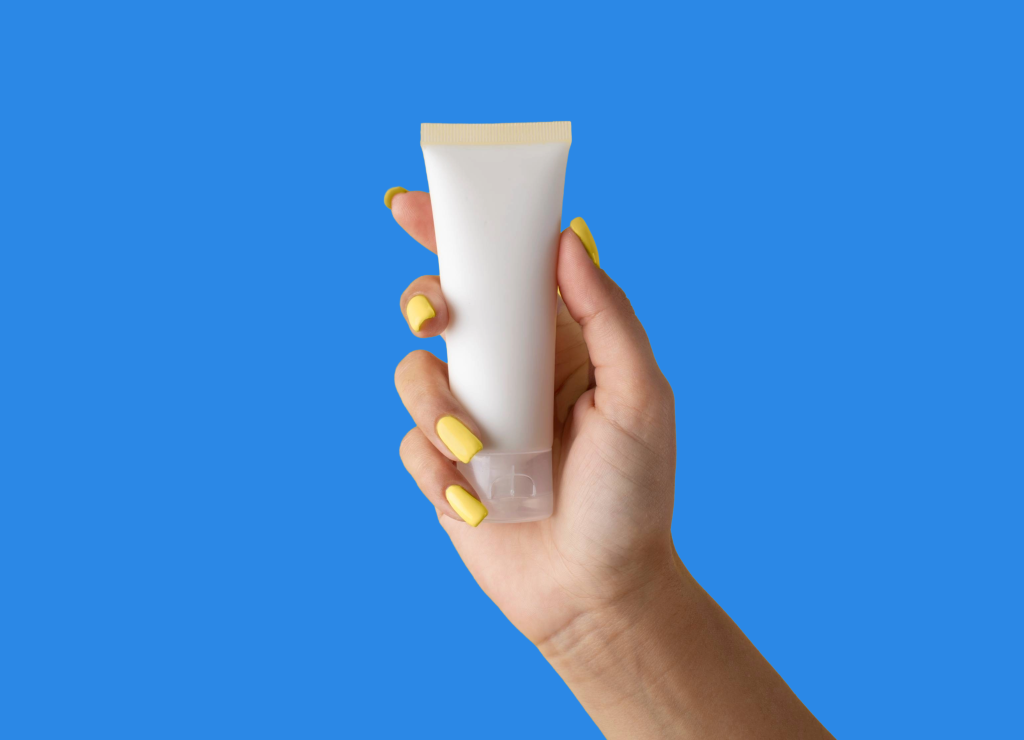See a provider online for same-day bacterial vaginosis (BV) treatment
$29 / message visit | $49 / video visit


What You Need to Do
Select Your Concern & Book
Choose your health concern (like hair loss or weight) and answer a few quick questions. Pick a time that works for you.
Meet Your Provider
Chat or video call with a licensed provider who will assess your condition and prescribe treatment if needed.
Get Your Treatment
Get care for common conditions—and if medication is needed, prescriptions can be sent directly to your pharmacy or delivered to your door (where available).
Get Ongoing Support
Stay connected with follow-up care to track progress and adjust your treatment if necessary.
What is Bacterial vaginosis (BV)?
Bacterial vaginosis (BV) is a common vaginal condition caused by an overgrowth of certain bacteria that disrupt the natural balance of your vaginal microbiome. This imbalance can lead to symptoms like discharge, odor, or irritation.

What are the symptoms of Bacterial Vaginosis (BV)?
Common signs of BV include:
Unusual vaginal discharge (often thin, gray or white)
Vaginal itch or irritation
A strong “fishy” odor, especially after sex or during your period
Is Pay-per-Virtual visit right for you?
-
You’re between 18 and 64 years old
-
You’ve had a prior diagnosis of bacterial vaginosis (BV)
-
You’re currently experiencing symptoms such as unusual discharge or a strong vaginal odor
-
This is your first BV episode within the last 30 days
-
You’ve had fewer than four BV episodes this year
-
You have not given birth in the past 30 days
Common Medications for BV
Your iVisitDoc provider will review your symptoms and medical history to determine the most appropriate acne treatment for your skin. If medication is prescribed, it can be sent to any pharmacy of your choice for pickup or delivery.
The cost of prescribed treatments may be covered by your health insurance, depending on your plan.
Oral antibiotics
• Metronidazole (Flagyl)
• Tinidazole (Tindamax)
Topical antibiotics
• Clindamycin cream (Cleocin)
• Metronidazole gel (Metrogel Vaginal)
Pro Tip
Start with lifestyle adjustments—like avoiding trigger foods, elevating your head while sleeping, and eating smaller meals. Medications work best when paired with healthy habits.
Quick virtual visits, anytime
Your questions answered
iVisitDoc Care & Access
What are your telehealth options for treating BV?
With iVisitDoc, you can connect with a licensed provider online for a confidential same-day evaluation. If appropriate, your provider may prescribe antibiotics to treat bacterial vaginosis (BV), which can be sent to your pharmacy of choice.
Can I use my health insurance for iVisitDoc visits?
Yes. Many insurance plans cover telehealth visits. You can also choose a pay-per-visit option if you’re uninsured or prefer upfront pricing.
What if my provider can’t diagnose or treat my symptoms virtually?
If your symptoms suggest something more complex or require in-person testing or exams, your provider will explain why and refer you to an in-person clinic or specialist.
Can I contact my provider after my visit?
Yes. You’ll be able to message your provider after your visit to ask follow-up questions or get clarification on your treatment plan.
Can I get a refill for my BV medication?
You may request a prescription renewal if it’s medically appropriate. Your provider will review your request and confirm whether continued treatment is safe and effective for your current symptoms.
How does iVisitDoc protect my health information?
Your personal health data is protected through HIPAA-compliant technology, including secure encryption and private communication between you and your provider.
About Bacterial Vaginosis
(BV)
What’s the difference between BV and a yeast infection?
While both can cause vaginal discomfort, bacterial vaginosis is caused by an overgrowth of unbalanced bacteria, while a yeast infection is caused by a fungus (Candida). BV usually causes a fishy odor and thin gray-white discharge, while yeast infections often involve itching, thick white discharge, and irritation.
Can BV go away on its own?
In some cases, mild BV may resolve without treatment, but symptoms often return or worsen without proper care. Prescription antibiotics are typically recommended to fully clear the infection and restore the vaginal microbiome.
How long does BV treatment usually take?
Most antibiotic treatments for BV last 5 to 7 days. It’s important to complete the full course—even if symptoms improve early—to prevent recurrence.
What causes BV?
BV occurs when there’s an imbalance in the vaginal bacteria, allowing harmful bacteria to outnumber the healthy ones. It’s not classified as an STI, but factors that can raise your risk include:
New or multiple sexual partners
Douching
Using scented vaginal products
Hormonal shifts or lack of estrogen
How can I reduce my risk of getting BV again?
To help prevent future BV infections:
Avoid douching or using fragranced products
Practice safe sex and limit new sexual partners
Wear breathable, cotton underwear
Wipe front to back and maintain gentle hygiene
Are there natural remedies for BV?
While some people try probiotics or dietary changes, there’s limited evidence that natural remedies alone can reliably treat BV. Speak with your iVisitDoc provider before using any at-home treatments—especially during or after antibiotics.
What are the risks of untreated BV?
If left untreated, BV can increase your risk of:
Pelvic inflammatory disease (PID)
Complications during pregnancy
Increased susceptibility to STIs
Post-surgical infections (e.g., after gynecologic procedures)
